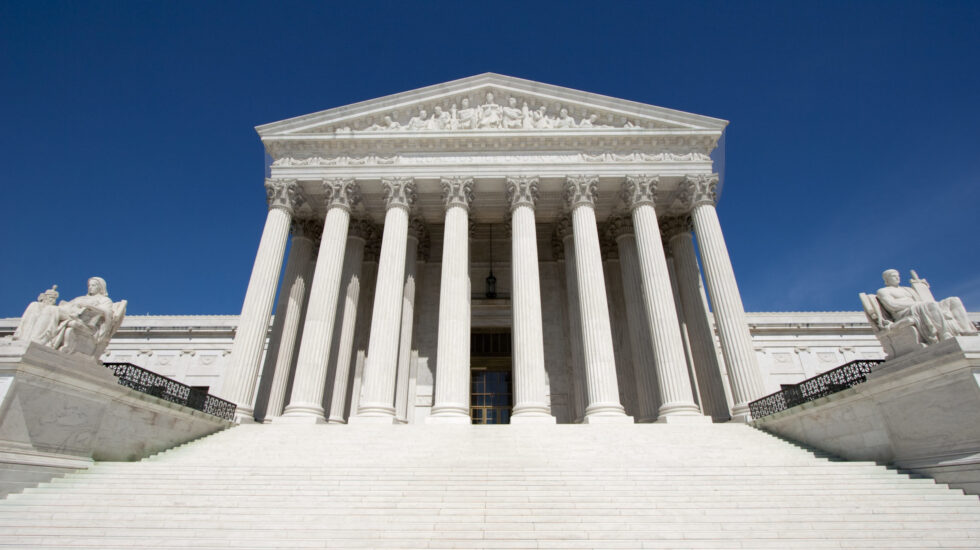These rulings have been three-plus years in the making. The Supreme Court said that Congress and state prosecutors in New York can examine President Trump’s financial and tax records, but there is a major caveat. The case is being returned to a lower court for separation of powers considerations. Bottom line, the cases could be tied up in courts until after the election meaning Trump’s tax returns won’t soon be made public.
Justices Kavanaugh and Gorsuch joined the majority while Justices Thomas and Alito dissented. Here’s the reaction from Manhattan District Attorney Cy Vance.
Trump was clearly not happy about the outcome, writing on Twitter, “Courts in the past have given “broad deference”. BUT NOT ME!”
Bloomberg writes that the subpoenas were “all directed to third parties — to Trump’s accounting firm, Mazars USA, and his banks, Deutsche Bank AG and Capital One Financial Corp. The subpoenas seek years of Trump’s personal financial records, as well as those of his family members, plus records from the Trump Organization and his other business entities.”
This ruling came two months after the Supreme Court heard arguments in the case. The arguments involved subpoenas in three court cases, some issued by congressional committees, and one from a New York grand jury in a criminal case. As we wrote back in May:
Congress’s oversight authority over presidential actions comes from its “implied” powers in the Constitution, along with public laws, and House and Senate rules. It is an integral part of the American system of checks and balances.
One major focus for the justices was on whether sitting presidents are literally above the law.
Today Chief Justice John Roberts made it clear that presidents are not above the law.
This was the Supreme Court’s last ruling of the current term. The justices are now on break until their next session, which is scheduled to start October 5th.



